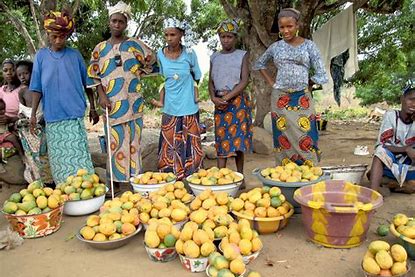The Federal Government has inaugurated the second phase of the Women Project on Resource Centres to increase women’s representation in governance and decision-making.
The programme is being implemented by the Maryam Babangida National Centre for Women Development (MBNCWD) in collaboration with the UN Women.
The Director General of the Centre, Dr Asabe Vilita-Bashir said this at a news conference on Friday in Abuja.
She said the poor representation of women in the governance and decision-making process has been a barrier to national development.
“I want to address a critical issue that affects the very fabric of our society: the underrepresentation of women in governance and decision making in Nigeria.
“Despite making up nearly half of our population, women hold only a small fraction of leadership positions in government, business, and civil society.
“This disparity is not only unfair, but it also hinders our collective progress and development,” she said.
According to Vilita-Bashir, the centre in collaboration with the UN Women and the Canadian Government had established Zonal Resource Centres in Abuja, Calabar and Maiduguri, to address the situation and improve women’s political representation.
The MBNCWD boss explained that under the first phase, the centres were called Resource Centres for Women in Politics, which metamorphosed into Women in Governance and Decision Making for a broader focus.
The centres, she said would be a hub for women’s empowerment to take on leadership roles and make their voices heard.
She said the programmes also aimed at enhancing women’s leadership skills, mentorship initiatives, networking opportunities as well as research and policy analysis to inform decision-making.
“Through these centres, we can increase women’s participation in governance and decisionmaking, leading to more inclusive and equitable policies.
“Promote gender equality and challenge harmful gender stereotypes, enhance the quality of leadership and decision making, leading to better outcomes for our communities.
“Drive economic growth and development, as women’s participation in the workforce is essential for a thriving economy,” she said, adding that the centre serves as a beacon of hope and a symbol of commitment to gender equality and inclusive governance.
While urging states’ Commissioners for Women Affairs, to further build their capacities and get their buy-in in the project, Vilita-Bashir also enjoined development partners to support them in empowering women for the benefit of the nation.
By Justina Auta


